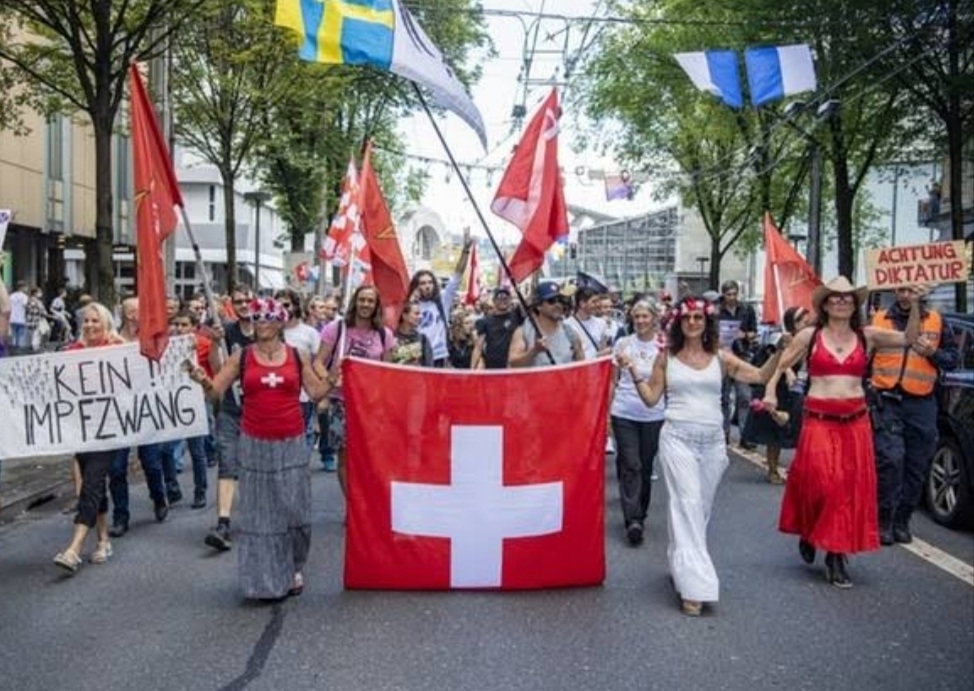Bern: The most recent polling figures indicate that Switzerland’s contentious coronavirus legislation will be accepted in a referendum on November 28th.
With just under two-thirds of the population fully vaccinated, the Swiss have one of the lowest vaccination rates in Western Europe.
Now, Covid-19 infections are rising exponentially, with case numbers rising by 40% to 50% each week.
On Sunday, Switzerland votes on getting rid of some Covid restrictions altogether.
From the start of the pandemic the Swiss government has performed a tricky balancing act, trying to introduce measures to control the spread of Covid, while still staying true to Switzerland’s system of direct democracy, in which the government has little formal power and the people have the final say.
Switzerland’s lockdowns were never as strict as its neighbours. People were allowed outside for exercise whenever they wanted and the schools only closed for a few weeks.
But last summer, with cases falling dramatically, Switzerland didn’t have a celebratory, UK-style “freedom” day either.
Instead, a Covid certificate was introduced with proof of vaccination, negative test, or immunity through having had the virus. In September it became obligatory to enter bars, cafes, restaurants, cinemas, museums, sporting events, and face-to-face university classes.


